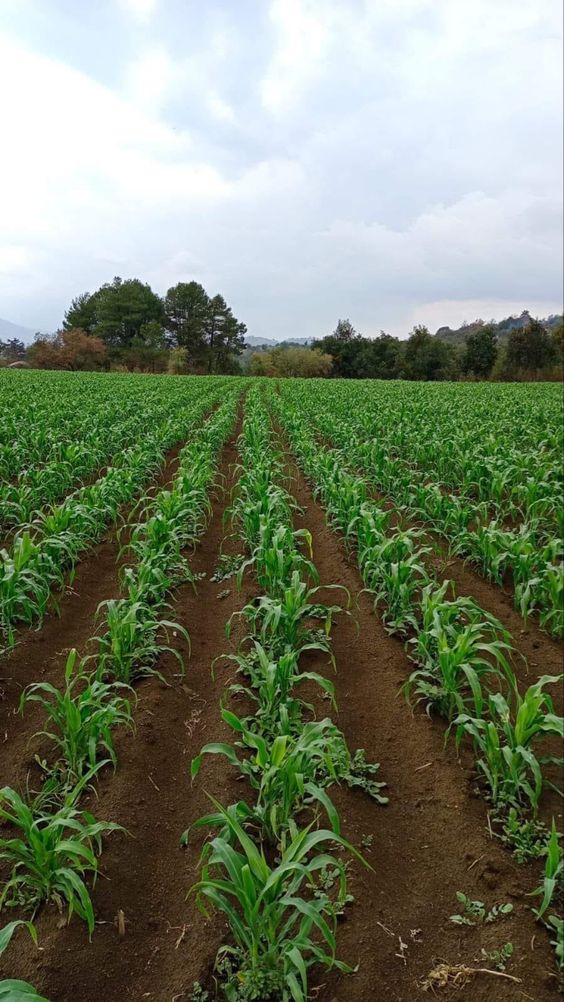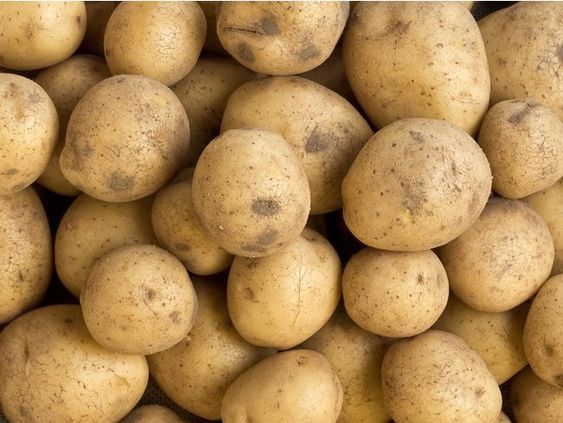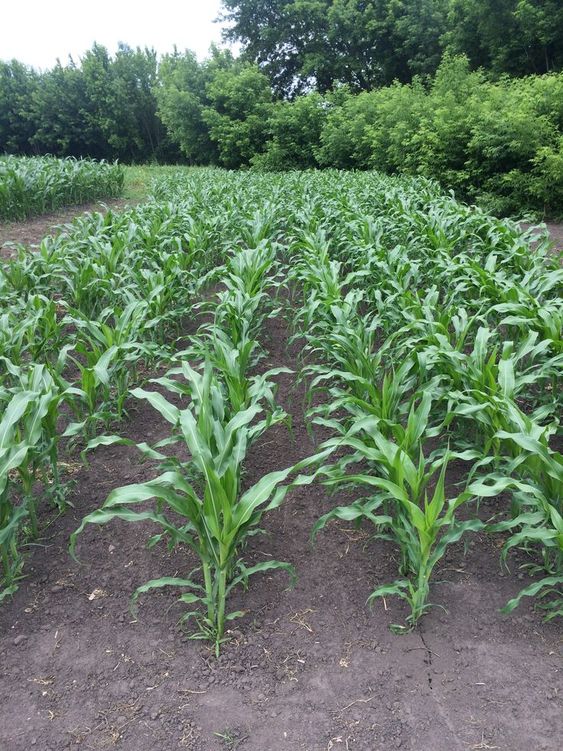Large Scale Agriculture Revolution: Smart Farming for a Sustainable Future
Large Scale Agriculture,Throughout history, agriculture has been the backbone of human civilization. As the global population continues to rise, the pressure on agricultural production intensifies. Large-scale farms play a crucial role in meeting this demand, but traditional methods often struggle to balance efficiency with sustainability. Here’s where Smart Agriculture emerges as a revolutionary approach, leveraging technology to optimize large-scale farming practices.
Large Scale Agriculture Smart, also known as Precision Agriculture, is the integration of advanced technologies like the Internet of Things (IoT), Big Data analytics, and automation to gather real-time data and insights on various aspects of a large-scale farm. This data empowers farmers to make informed decisions on resource management, crop health, and overall farm operations.
Contents
- 1 Key Features of Smart Agriculture for Large-Scale Farms:
- 2 Benefits of Large Scale Agriculture:
- 3 Objectives of Smart Agriculture in Large-Scale Farming:
- 4 Explanation of Key Technologies:
- 5 Usefulness and Advantages of Smart Agriculture:
- 6 Challenges and Considerations for Implementing Smart Agriculture:
- 7 The Future of Smart Large Scale Agriculture:
Key Features of Smart Agriculture for Large-Scale Farms:
-
Sensor Networks: A network of sensors strategically placed throughout the fields collects data on soil moisture, temperature, humidity, and plant health. This constant data stream provides a detailed picture of the growing environment.
-
Precision Irrigation: With data on soil moisture levels, farmers can precisely tailor irrigation systems to deliver the exact amount of water each section of the field needs. This reduces water waste and optimizes resource utilization.
-
Automated Machinery: Smart tractors, drones, and other autonomous vehicles can handle tasks like planting, weeding, and harvesting with increased efficiency and precision. This reduces reliance on manual labor and allows for 24/7 operation.
-
Data Analytics and Decision Support Systems (DSS): The data collected from sensors is analyzed by powerful software to identify trends, predict potential problems, and recommend optimal courses of action. The DSS translates complex data into actionable insights for farmers.
-
Connectivity and Cloud Computing: A robust communication network ensures real-time data transmission and access to cloud-based platforms for data storage, processing, and analysis. This enables farmers to monitor their farms remotely and make informed decisions from anywhere.
Benefits of Large Scale Agriculture:
- Increased Productivity: Smart practices lead to optimized resource use, improved crop health, and minimized losses, resulting in significant yield increases.
- Enhanced Sustainability: Precision irrigation reduces water usage, while targeted fertilizer application minimizes soil degradation and environmental pollution.
- Reduced Costs: Large Scale Agriculture Smart solutions optimize resource allocation, minimize labor needs, and improve operational efficiency, leading to substantial cost savings.
- Improved Quality: Precise monitoring and targeted interventions throughout the growing cycle result in crops with higher quality and less spoilage.
- Data-Driven Decision Making: Farmers gain invaluable insights from real-time data, enabling them to make data-driven decisions that optimize all aspects of their operation.
- Reduced Risk Management: Smart technologies offer early detection of pest infestations and plant diseases, allowing for timely intervention and risk mitigation.
Objectives of Smart Agriculture in Large-Scale Farming:
The primary objective of Smart Large Scale Agriculture farms is to achieve sustainable growth through a three-pronged approach:
-
Increased Production: Large Scale Agriculture,By optimizing resource utilization and improving efficiency, Smart Agriculture helps large farms significantly increase their agricultural output.
-
Environmental Sustainability: Through precision practices, Smart Agriculture minimizes water waste, reduces reliance on synthetic chemicals, and promotes environmentally friendly farming practices.
-
Economic Profitability: Large Scale Agriculture,By lowering operating costs and increasing yields, Smart Agriculture enhances profitability and ensures the long-term economic viability of large-scale farms.
Explanation of Key Technologies:
-
Internet of Things (IoT): A network of interconnected devices with sensors collect and transmit data, providing real-time insights into various farm operations.
-
Big Data Analytics: Allows for the analysis of vast datasets collected from sensors and other sources, identifying patterns, trends, and actionable insights.
-
Artificial Intelligence (AI): AI algorithms can learn from data and make automated decisions, optimizing irrigation schedules, fertilizer application, and even pest control measures.
-
Robotics and Automation: Autonomous robots and vehicles handle tasks like planting, weeding, and harvesting, reducing reliance on manual labor and increasing efficiency.
-
Geographic Information Systems (GIS): GIS technology integrates geographical data with farm data, providing spatial visualization and insights for optimized resource management.
Usefulness and Advantages of Smart Agriculture:
Smart Agriculture offers significant advantages for Large Scale Agriculture:
- Improved Farm Management: Farmers gain greater control over their operations with real-time data and automated processes.
- Reduced Environmental Impact: Sustainable practices minimize resource depletion and promote environmental health.
- Enhanced Farm Competitiveness: Increased yield, improved quality, and lower costs lead to a competitive edge in the global market.
- Improved Labor Conditions: Smart technologies reduce the physical demands on farm workers, allowing them to focus on higher-level tasks like system monitoring and data analysis. This can improve worker safety and satisfaction.
Challenges and Considerations for Implementing Smart Agriculture:
Large Scale Agriculture,While Smart Agriculture offers immense potential, there are challenges to consider:
- Cost of Implementation: The upfront cost of acquiring sensors, software, and other technologies can be significant for large farms. Government subsidies and cost-sharing programs can help bridge this gap.
- Digital Divide: Limited access to reliable internet connectivity in rural areas can hinder the adoption of Smart Agriculture solutions. Investment in rural broadband infrastructure is crucial.
- Data Security: Securing sensitive farm data from cyberattacks is a growing concern. Robust security protocols are essential.
- Technical Expertise: Integrating complex technologies requires training and support for farmers. Educational programs and technical assistance are crucial for successful implementation.
The Future of Smart Large Scale Agriculture:
The future of Smart Agriculture is bright, with continuous advancements in technology leading to even greater benefits:
- Advanced Robotics: Expect to see increasingly sophisticated robots capable of performing more complex tasks like fruit picking and pruning.
- AI-Powered Decision Making: AI algorithms will become even more sophisticated, providing real-time recommendations on everything from irrigation to pest control.
- Integration with Blockchain: Blockchain technology can ensure food traceability and transparency, boosting consumer trust and market access for large-scale farms.
- Vertical Farming: Smart technologies will play a pivotal role in optimizing resource utilization and maximizing yields in vertical farms, addressing space constraints and contributing to urban food production.
Large Scale Agriculture Smart Agriculture represents a paradigm shift in large-scale farming. By embracing technology, farmers can achieve significant improvements in productivity, sustainability, and profitability. Overcoming challenges through collaboration between governments, research institutions, and the agricultural industry is key to unlocking the full potential of Smart Agriculture and cultivating a more secure and sustainable future for food production.




